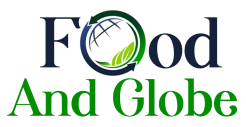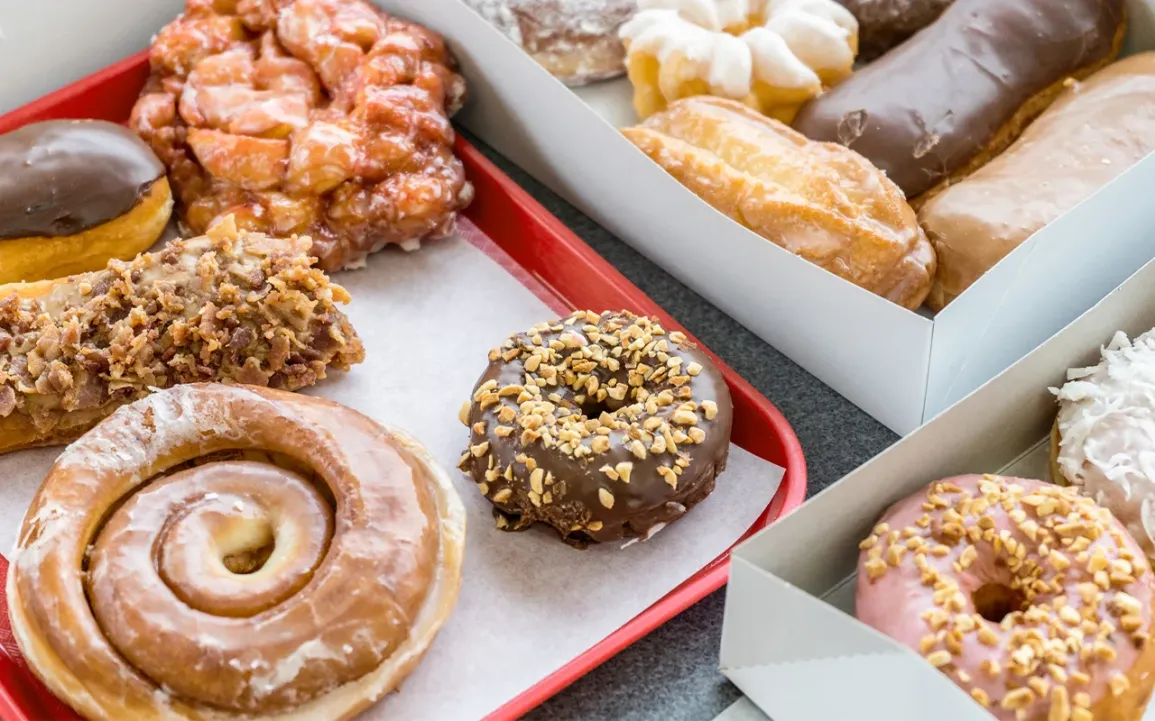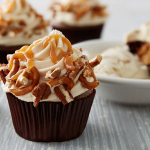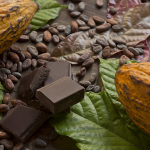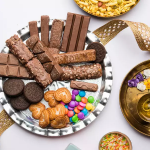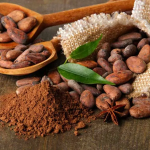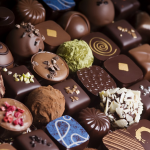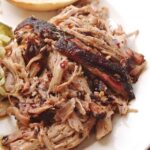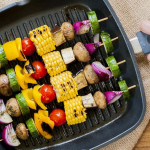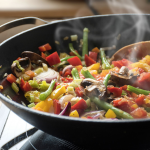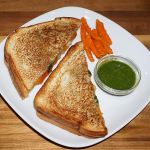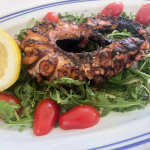If you are suffering with symptoms of coeliac disease, it is important to avoid those foods that contain gluten. Understanding what you can and can’t eat is one of the first, and most important things you can do once you have been diagnosed with coeliac disease. Once you have a greater understanding of the types of food and products that you can include as part of a gluten-free diet it makes it easier to plan your meals and to budget for a gluten free life.
There might be worries that a gluten free diet is more expensive and that it is difficult to find the right products and recipes, but once you begin to seek out gluten-free products you’ll find that there are a whole range of options out there to add to your diet and you can budget accordingly.
What should you be looking to avoid if you are diagnosed with coeliac disease?
Grains that contain gluten – the following grains contain gluten: wheat, rye, spelt, barley, kamut, wheat berries, couscous, farina. Although oats are gluten-free naturally, there is the chance that oats become contaminated with gluten during processing, so this is also something to be aware of.
Breads, wraps etc. – most breads, crackers, and wraps contain gluten, so you should always check the ingredient list to be sure. Avoid the following breads: white bread, whole wheat bread, potato bread, sourdough bread, rye bread, flour tortillas, bagels, flatbread, wheat crackers.
Some condiments – you might not realise that some condiments also contain gluten, including salad dressings, soy sauce, barbecue sauce, spice blends, gravy mix, malt vinegar, marinades, cream sauces, ketchup. To get around this you can make your own condiments using gluten-free ingredients.
Baked goods – most baked goods are made with wheat flour or other grains that contain gluten. Make sure to only buy cakes, pastries, pretzels, doughnuts, muffins, pancakes, waffles, that are made with gluten-free ingredients.
Pasta – pasta is a staple of so many diets and cuisine. There are gluten-free alternatives, but most traditional pasta is made with gluten-containing grains, such as: spaghetti, noodles, gnocchi, dumplings.
Beverages – be careful with some drinks too, as some do contain gluten. Always read the label before buying beer, premade coffee drinks, and drink mixes.
Processed foods–loads of processed food contain gluten, including processed meat slices, egg substitutes, alternative meat-free substitutes such as veggie burgers and hot dogs, canned soups, ice creams, flavoured tofu, breakfast cereal, instant dessert mixes, and more.
If you are diagnosed with coeliac disease, it means you must avoid all foods that contain gluten. This includes many breads, pastas, baked goods, grains, condiments and other products. Discovering brands and food items that are gluten free will take some time but once you’ll soon have a list of your favourite gluten-free products.
Being diagnosed with coeliac disease might be tough to come to terms with at first but once you realise how many gluten-free products and recipes are out there, it does become easier to implement a gluten-free diet that positively impacts on your health and lifestyle. Alleviating the symptoms of coeliac disease will make your life a lot easier. One way to change once you have the diagnosis, is to seek out gluten-free prescriptions where you can gain access to gluten-free products that can be switched into your diet easily, replacing existing foodstuffs that you have eaten before diagnosis.
